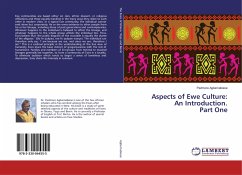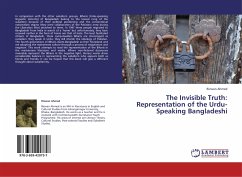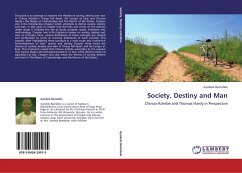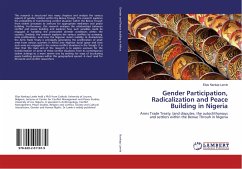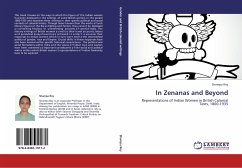
In Zenanas and Beyond
Representations of Indian Women in British Colonial Texts, 1800-1935
Versandkostenfrei!
Versandfertig in 6-10 Tagen
52,99 €
inkl. MwSt.

PAYBACK Punkte
26 °P sammeln!
This book focuses on the ways in which the figure of the Indian woman has been deployed in the writings of some British women in the period 1800-1935 and examines these writings in their specific political and social contexts of colonial history. Though lesser known than the works of such literary figures of the Raj as Kipling and Forster, they cannot be dismissed as containing frivolous or uninteresting accounts of colonial India. The literary writings of British women as well as their travel accounts, letters and periodical essays have been retrieved in order to uncover their responses to In...
This book focuses on the ways in which the figure of the Indian woman has been deployed in the writings of some British women in the period 1800-1935 and examines these writings in their specific political and social contexts of colonial history. Though lesser known than the works of such literary figures of the Raj as Kipling and Forster, they cannot be dismissed as containing frivolous or uninteresting accounts of colonial India. The literary writings of British women as well as their travel accounts, letters and periodical essays have been retrieved in order to uncover their responses to Indian women which in turn were tied to the intermeshed politics of gender, race and Empire. Crucial shifts in these responses have also been located within specific historical conjunctures. The political and social formations within India and the voices of Indian men and women have been examined as important constituents of the social and political matrix within which British women s representations of Indian femininity have to be explored.





